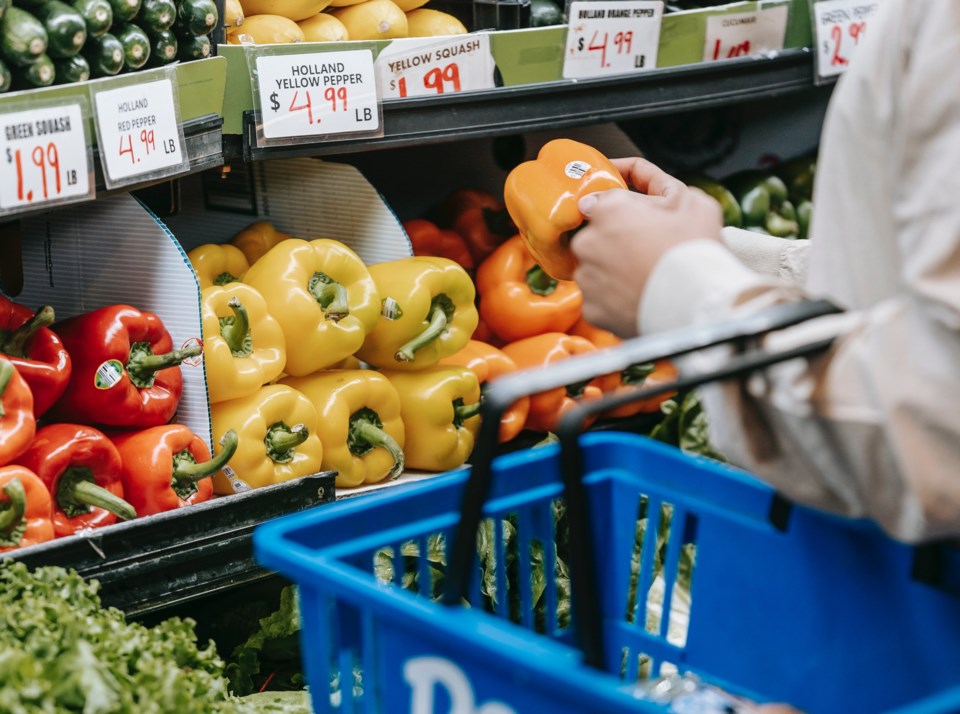I'm pretty sure we are all embarking on this new year trying to figure out how to make our dollars stretch.
A trip to the grocery store will give you sticker shock.
Filling up a vehicle with a tank of gas can give you heart palpitations.
Trying to juggle all the household bills has me asking, “Can I pay my Visa with my MasterCard?”
Anyway, I was reading an article from the Yukon Public High School website about an annual reality check.
Grade 9 students are assigned a random yearly income and then go booth to booth and make virtual purchases from their budget.
They are given a fictional family, occupation and lifestyle.
The stations represent food, housing, child care and insurance.
The rule is they must visit every booth, but can make their own decisions about what to purchase.
Teacher Darryl Andrews says: “It really puts things in perspective and gives them some real-world experience. It also gives students a deeper understanding of how their parents live on a day-to-day basis.”
The booths are staffed by actual real estate agents, health-care providers, insurance agents and vehicle salespeople, so there’s a lot of information being shared.
One student admitted they had $35,000 to spend, "but I may have gone a little crazy with my new truck because I’m down to $20 and still have bills to pay.”
Will they go for brand names or bargains?
Yukon Progress News reports the school has been doing this for 20 years. What a great idea!
Money management is vital at any age. It is basically what seniors have to do every month. If someone is on a fixed income, there’s no new money coming in, so they have to live on what they’ve got in the bank or through government assistance.
That’s no experiment. That’s real life.
I recall doing something similar recently when I was at a seminar about people who are experiencing homelessness.
It was a real eye-opener as to what we consider necessities and luxuries.
I think our money was represented by Jujubes and you could spend as many as you wanted on each thing, but once they were gone that was it.
Do you spend more on entertainment and travel, or should you hold some back for the non-fun payments due every month?
Would you rethink the extra streaming services or bypass the $6 daily coffee, or is that actually more important to you than clothes or fitness?
It is very interesting to see what we prioritize or justify.
While the experiment was basically budgeting for essentials, what about all the things we don’t usually consider?
I rarely add up pet-care costs per year, but it would likely scare me.
What about when things break? Your fridge? Your car? Your teeth?!
Not sure about yours, but my rainy day fund has long ago dried up.
Budgeting has always been a distasteful word to me. People have tried to help me. You talk money and I hear Charlie Brown’s teacher in my ear. Wah wah wah.
The students in the course got a Kit Kat bar if they ended the day with money.
Those who overspent got a Zero candy bar, fittingly.
In my scenario, I’m pretty sure I ended up throwing my hands up and just gobbling the Jujubes and then borrowing more from a friend.



